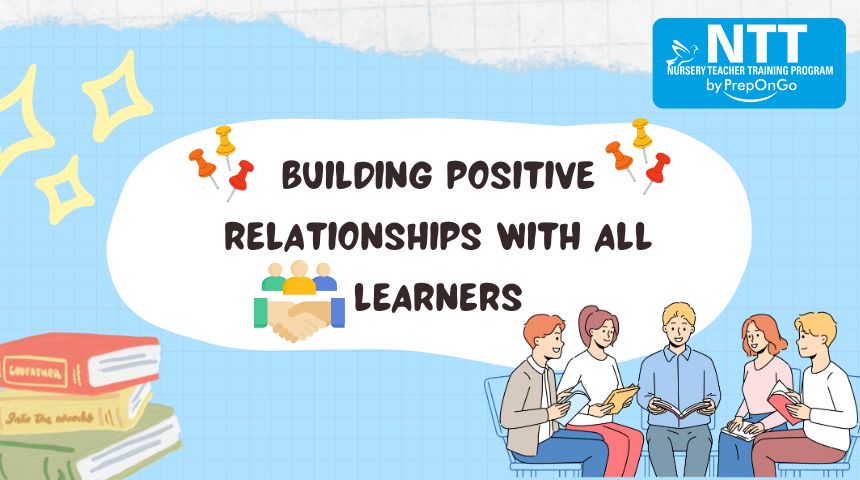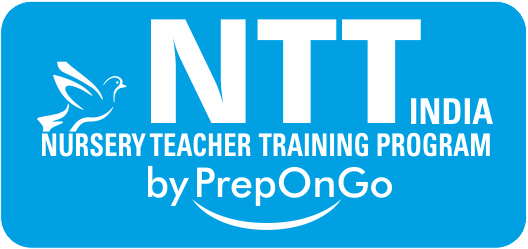Building Positive Relationships with All Learners

The early years are a critical time for social and emotional development. In a nursery setting, fostering positive relationships with all learners is not just desirable, it’s essential. These relationships form the foundation for a child’s trust, security, and willingness to learn.
Why Positive Relationships Matter:
- Enhanced Learning: When children feel safe, supported, and connected to their educators, they are more receptive to learning and exploring new concepts.
- Improved Social Skills: Positive relationships provide opportunities for children to learn valuable social skills like communication, empathy, and cooperation.
- Increased Emotional Well-being: Strong bonds with educators help children feel secure and valued, contributing to their overall emotional well-being.
- Boosted Self-Esteem: Feeling respected and appreciated by their educators fosters a child’s confidence and self-esteem.
Strategies for Building Positive Relationships:
- Get to Know Each Child: Take time to learn about each child’s individual interests, strengths, and challenges.
- Active Listening: Pay close attention to what children are saying, both verbally and nonverbally. Show genuine interest in their thoughts and feelings.
- Positive Reinforcement: Acknowledge and praise children’s efforts, positive behavior, and accomplishments.
- Create a Safe and Welcoming Environment: Ensure the nursery feels like a safe haven where children feel comfortable expressing themselves.
- Individualized Attention: Make time for each child, even if it’s just a few minutes of one-on-one interaction each day.
- Respectful Communication: Use positive language, avoid harsh criticism, and focus on guiding children’s behavior in a constructive manner.
- Building trust with Parents: Maintain open communication and collaboration with parents to ensure a consistent approach to fostering positive relationships.
Meeting the Needs of All Learners:
Building positive relationships requires recognizing that all children are unique.
- Addressing Diverse Needs: Be sensitive to individual differences in learning styles, cultural backgrounds, and communication preferences.
- Supporting Children with Special Needs: Work collaboratively with specialists and parents to ensure children with special needs feel included and valued.
- Celebrating Differences: Create a classroom environment that celebrates diversity and promotes cultural awareness.
Building positive relationships is a continuous process that requires effort and dedication. By implementing these strategies and fostering a nurturing environment, nursery educators can create a foundation for successful learning and positive social-emotional development for all children.
